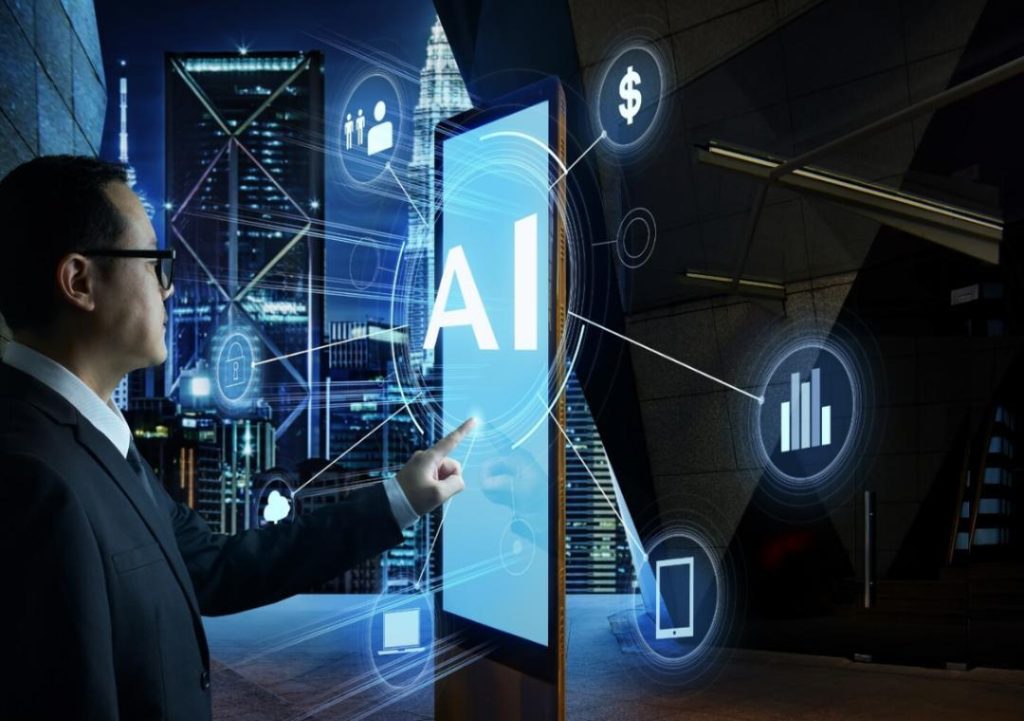
AI & ML now power over 77% of business processes
The world of business has undergone a significant transformation over the past decade, and Artificial Intelligence (AI) and Machine Learning (ML) have played a crucial role in this evolution. Gone are the days when AI and ML were considered futuristic concepts, reserved for sci-fi films and novels. Today, these technologies have become operational essentials, with over 77% of enterprises relying on them to improve productivity, reduce costs, and personalize user experiences.
The shift towards AI and ML adoption is not a trend; it’s a fundamental requirement for businesses to stay competitive in a digital-first world. In this blog post, we’ll explore the impact of AI and ML on business processes and why it’s essential for organizations to integrate these technologies into their operations.
What is AI and ML?
Before we dive into the benefits of AI and ML, it’s essential to understand what these technologies are and how they differ.
Artificial Intelligence refers to the development of computer systems that can perform tasks that typically require human intelligence, such as visual perception, speech recognition, and decision-making. AI enables machines to learn from data, improve their performance over time, and make predictions or recommendations.
Machine Learning, on the other hand, is a subset of AI that involves training algorithms to recognize patterns in data and make predictions or decisions based on that data. ML algorithms can be trained on historical data to improve their accuracy and performance over time.
How AI and ML are used in business processes
AI and ML are being used in a wide range of business processes, from customer service to supply chain management. Here are some examples of how these technologies are being used:
- Customer Support: AI-powered chatbots are being used to provide 24/7 customer support, answering common queries, and routing complex issues to human customer support agents.
- Fraud Detection: ML algorithms are being used to detect fraud in real-time, analyzing patterns in customer behavior and transaction data to identify suspicious activity.
- Predictive Maintenance: AI-powered sensors are being used to monitor equipment and predict when maintenance is required, reducing downtime and improving overall efficiency.
- Personalization: ML algorithms are being used to personalize customer experiences, recommending products or services based on a customer’s browsing history and purchase behavior.
- Supply Chain Optimization: AI and ML are being used to optimize supply chain operations, predicting demand, and identifying bottlenecks to improve efficiency and reduce costs.
Benefits of AI and ML in business
The benefits of AI and ML in business are numerous, including:
- Improved Productivity: AI and ML can automate repetitive and mundane tasks, freeing up human employees to focus on more strategic and creative work.
- Cost Reduction: AI and ML can help businesses reduce costs by optimizing processes, reducing waste, and improving efficiency.
- Personalization: AI and ML can help businesses personalize customer experiences, increasing customer satisfaction and loyalty.
- Innovation: AI and ML can help businesses stay ahead of the competition by identifying new opportunities, and developing new products and services.
The future of AI and ML in business
As AI and ML continue to evolve, we can expect to see even more widespread adoption in business. Here are some trends that will shape the future of AI and ML in business:
- Increased Adoption: AI and ML will become even more ubiquitous, with more businesses adopting these technologies to improve productivity, reduce costs, and personalize customer experiences.
- Edge AI: Edge AI will become more prominent, enabling businesses to process data in real-time, and make decisions without relying on cloud-based infrastructure.
- Explainability: As AI and ML models become more complex, there will be a greater emphasis on explainability, enabling businesses to understand how these models make decisions.
- Human-AI Collaboration: AI and ML will be used in conjunction with human employees, enabling businesses to leverage the strengths of both humans and machines.
Conclusion
AI and ML are no longer futuristic concepts; they’re operational essentials. Over 77% of enterprises are already using AI and ML to improve productivity, reduce costs, and personalize user experiences. The shift towards AI and ML adoption is not optional; it’s fundamental to staying competitive in a digital-first world.
As businesses continue to adopt AI and ML, we can expect to see even more innovative applications of these technologies. Whether you’re a small startup or a large enterprise, it’s essential to understand the benefits and applications of AI and ML, and how you can integrate these technologies into your operations to stay ahead of the competition.
Source:
https://www.growthjockey.com/blogs/what-is-ai-and-ml-how-is-it-important






